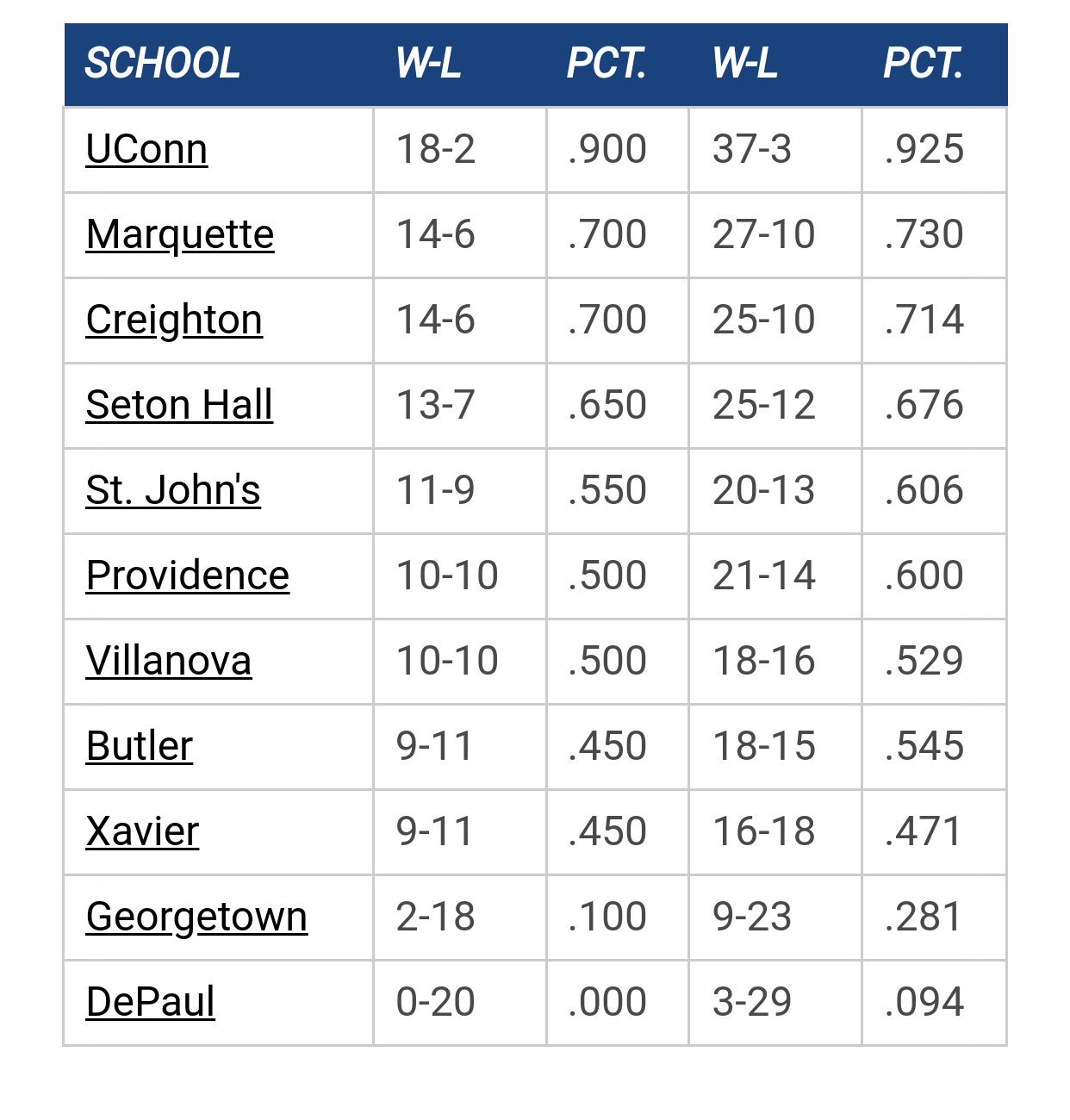- Welcome to MUScoop.
Analysis of the Move by Shooter McGavin
[February 18, 2026, 11:59:19 PM]
Marquette Team Rankings by ChuckyChip
[February 18, 2026, 11:47:44 PM]
Recruiting as of 1/15/26 by JakeBarnes
[February 18, 2026, 11:46:46 PM]
MU/St.John's Game Thread by Nukem2
[February 18, 2026, 11:36:53 PM]
2025-26 College Hoops Thread by MuggsyB
[February 18, 2026, 11:11:36 PM]
2025-26 Big East Thread by MuggsyB
[February 18, 2026, 11:07:30 PM]
[February 18, 2026, 11:59:19 PM]
Marquette Team Rankings by ChuckyChip
[February 18, 2026, 11:47:44 PM]
Recruiting as of 1/15/26 by JakeBarnes
[February 18, 2026, 11:46:46 PM]
MU/St.John's Game Thread by Nukem2
[February 18, 2026, 11:36:53 PM]
2025-26 College Hoops Thread by MuggsyB
[February 18, 2026, 11:11:36 PM]
2025-26 Big East Thread by MuggsyB
[February 18, 2026, 11:07:30 PM]
The absolute only thing required for this FREE registration is a valid e-mail address. We keep all your information confidential and will NEVER give or sell it to anyone else.
Login to get rid of this box (and ads) , or signup NOW!
Georgetown Date/Time: Feb 24, 2026, 6:00pm TV: NBC SN Schedule for 2025-26 |
||||||
User actions


